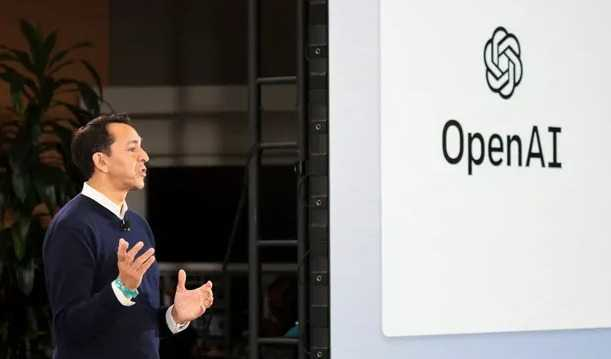
The machines are coming and they will eat your job. That’s been a familiar refrain down the years, stretching back to the Luddites in the early 19th century. In the past, step-changes in technology have replaced low-paid jobs with a greater number of higher-paid jobs. This time, with the arrival of artificial intelligence, there are those who think it will be different.
Politicians know that even in the best case AI will cause massive disruption to labour markets, but they are fooling themselves if they think they have years to come up with a suitable response. As the tech entrepreneur Mihir Shukla said at the recent World Economic Forum in Davos: “People keep saying AI is coming but it is already here.”
Developments in machine learning and robotics have been moving on rapidly while the world has been preoccupied by the pandemic, inflation and war. AI stands to be to the fourth industrial revolution what the spinning jenny and the steam engine were to the first in the 18th century: a transformative technology that will fundamentally reshape economies.
Change will not happen overnight but, as was the case in previous industrial revolutions, it will be painful for those affected, as millions of workers will be. Previously, machines replaced manual labour, leaving jobs that required cognitive skills to humans. Advances in AI – symbolised by ChatGPT – shows that machines can now have a decent stab at doing the creative stuff as well.
ChatGPT is a machine that can write intelligently. Asked to come up with a version of Abraham Lincoln’s Gettysburg address in the style of Donald Trump, it will search the web for suitable source material and generate original content.
Launched by the San Francisco-based research laboratory OpenAI in November last year, ChatGPT notched up its 100 millionth user in 60 days. By contrast, it took Facebook two years to reach the same milestone.
Other new products will follow. The number of AI patents increased 30-fold between 2015 and 2021, according to a report from Stanford University in California. Robots are becoming cheaper and more sophisticated all the time.
History suggests profound technological change presents significant challenges for policymakers. Each of the three previous industrial revolutions had a similar initial impact: it hollowed out jobs across the economy, it led to an increase in inequality and to a decline in the share of income going to labour.
AI threatens to have precisely the same effects, but with one key difference. Left unchecked, owners of the new machines will make enormous sums of money out of their innovations. Capital will see its share of income rise at the expense of labour. There will be a hollowing out of some sectors of the economy but there will be employment growth in other sectors.
The difference this time is that the jobs most at risk will be white-collar, middle-class jobs, while many of the jobs created might be of the low-paid, dead-end variety. As Shukla noted in Davos, the days of humans processing mortgage applications are already numbered.
There are ways of dealing with some of these issues. Governments could invest more in education and training, so that workers have the skills they need to make a decent living. They might explore ways of spreading the gains from the new technology. Silicon Valley entrepreneuomist Joseph Schumpeter popularised a phrase to describe how capitalism periodically reinvents itself. rs have been among the most vocal supporters of a universal basic income.
But whatever they do, policymakers need to act with care as well as speed. He called it creative destruction, and just such a process is in its early stages now.










 All while Pfizer—a company with a $2.3 billion criminal fine for fraudulent marketing, bribery, and kickbacks—was given blanket immunity from liability and billions in taxpayer dollars to produce a vaccine in record time with no long-term safety data.
All while Pfizer—a company with a $2.3 billion criminal fine for fraudulent marketing, bribery, and kickbacks—was given blanket immunity from liability and billions in taxpayer dollars to produce a vaccine in record time with no long-term safety data.
























